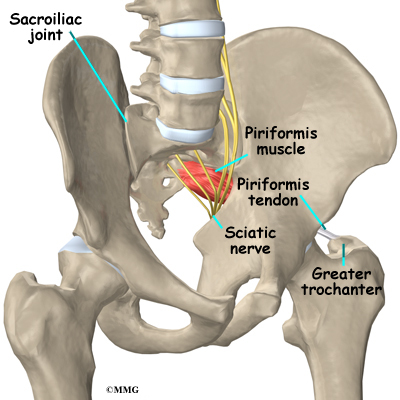
I'm thinking of you.
It's never a dull moment having Ulcertive Colotis, Asperger Syndrome, Cleft Lip and palate, and knowing medical terms such as if someone in a hospital says a patient is having SOB means Shortness of Breath. or NPO means no food or drink until the doctor clears it to be okay.Disney Duster wrote:I'm sorry to hear all this painful stuff is happening to you. I pray for you every night I remember to say my prayers. But it is good to count the good things you have. That's what I try to do too and it makes me feel better.
I won't throw in the towel, I have faith in a higher source that something will come through, Jesus will see to that, and It'll be however it's supposed to be. Maybe I'm not quite done teaching yet, and maybe my back can be saved without surgery, I'll put my faith and trust in God, and I know I can't go wrong with that...Disney Geek wrote:Please don't give up. You deserve much better health.
I wish I could give you more practical advice, but you don't have to live with this. It's possible to find a Doctor who can help you.
Don't throw in the towel.
Sophie

And the non surgical back doctor has known my mom and I for 12 years, and admits when it comes to unusual things health wise, that would be myself and my mom.Piriformis syndrome is an uncommon neuromuscular disorder that is caused when the piriformis muscle compresses the sciatic nerve. The piriformis muscle is a flat, band-like muscle located in the buttocks near the top of the hip joint. This muscle is important in lower body movement because it stabilizes the hip joint and lifts and rotates the thigh away from the body. This enables us to walk, shift our weight from one foot to another, and maintain balance. It is also used in sports that involve lifting and rotating the thighs -- in short, in almost every motion of the hips and legs.
The sciatic nerve is a thick and long nerve in the body. It passes alongside or goes through the piriformis muscle, goes down the back of the leg, and eventually branches off into smaller nerves that end in the feet. Nerve compression can be caused by spasm of the piriformis muscle.
Piriformis syndrome usually starts with pain, tingling, or numbness in the buttocks. Pain can be severe and extend down the length of the sciatic nerve (called sciatica). The pain is due to the piriformis muscle compressing the sciatic nerve, such as while sitting on a car seat or running. Pain may also be triggered while climbing stairs, applying firm pressure directly over the piriformis muscle, or sitting for long periods of time. Most cases of sciatica, however, are not due to piriformis syndrome.
